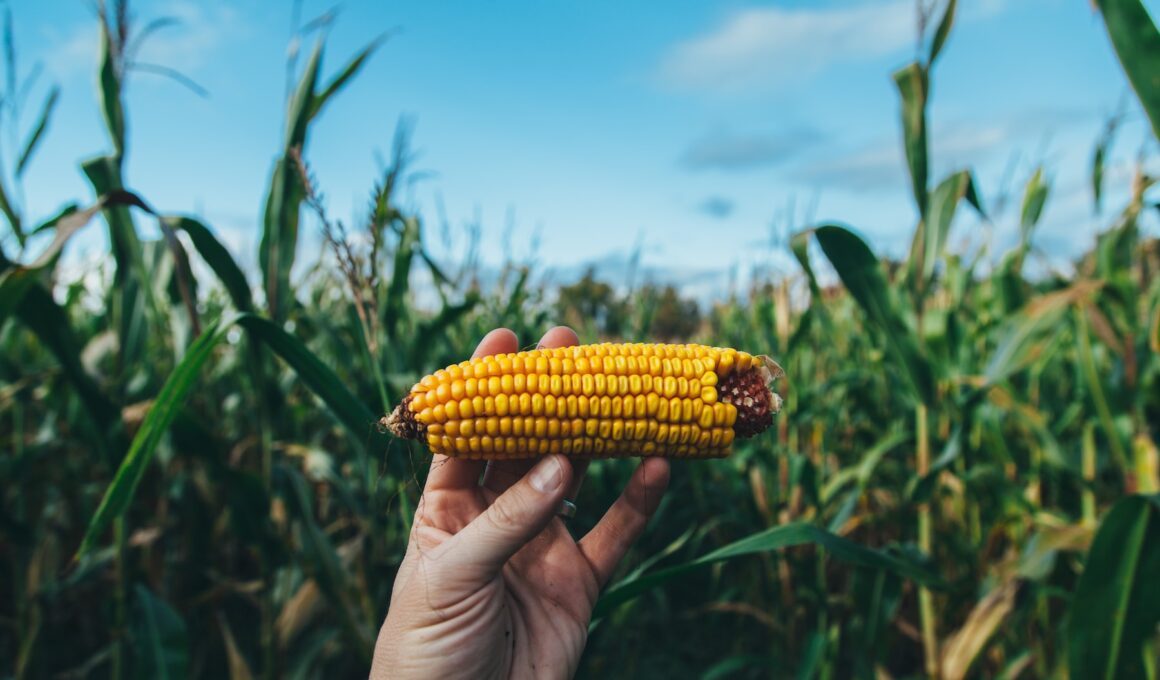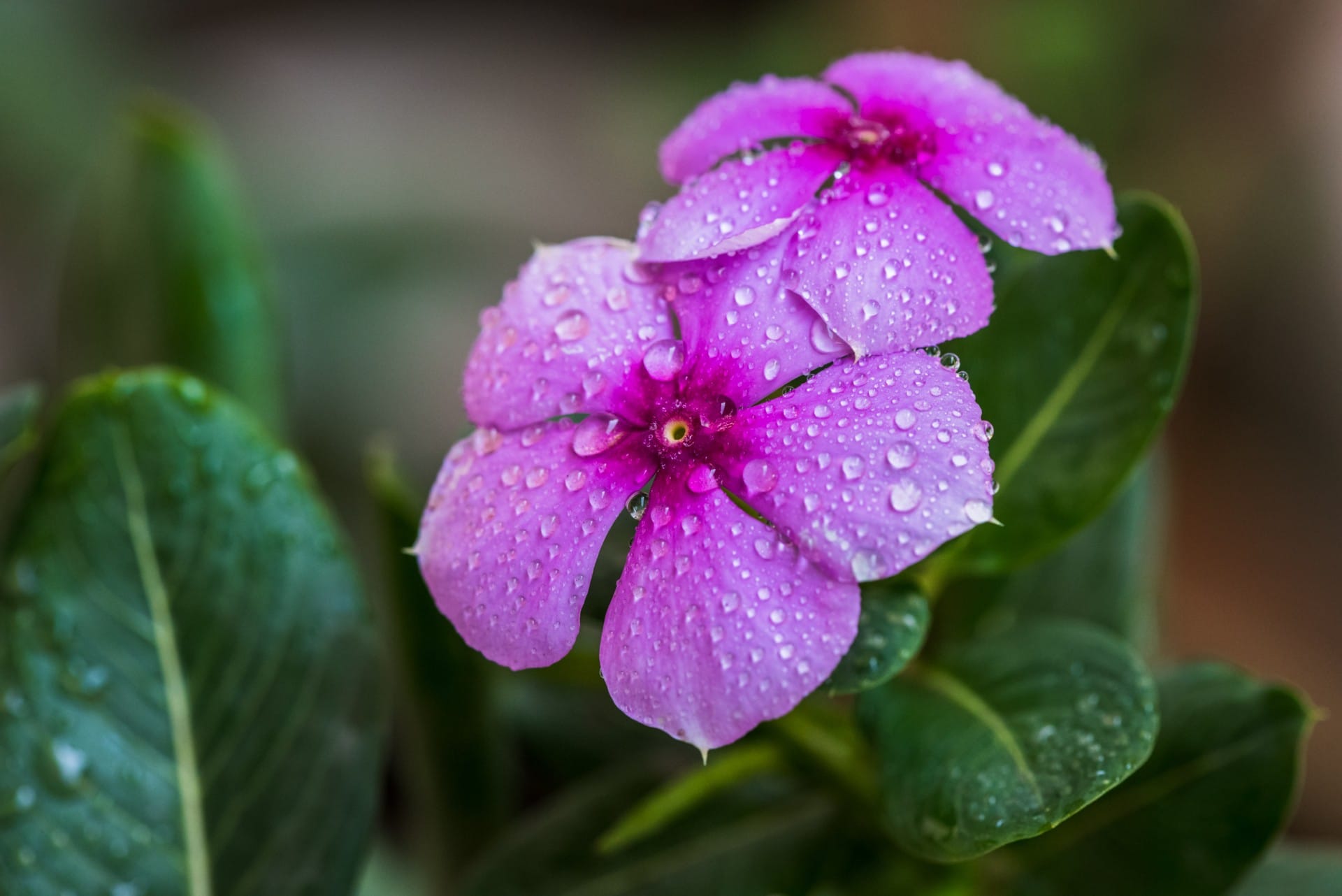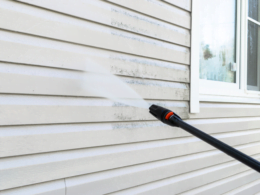Quick Takeaways
- Composting corn husks and cobs is a sustainable way to discard food waste and reduces waste in landfills while creating nutrient-rich compost for gardens.
- Factors affecting the composting process include moisture and aeration levels, the ratio of brown to green ingredients, and turning and tending to the compost pile.
- Corn husks and cobs can provide nitrogen-based or carbon-based compost, balance excess nitrogen in compost, and act as a sponge to wick up moisture from overly wet compost.
- Tips for successful composting of corn husks and cobs include chopping or shredding them beforehand, using a moisture meter to maintain good balance, turning the compost pile, and using a high-quality garden fork for outdoor composting.
Benefits of Composting
You can benefit from composting corn husks and cobs by creating nutrient-rich soil for your garden and reducing waste in landfills. Composting is a sustainable way to discard food waste, and it improves the texture and nutrient level of finished compost. By composting corn husks and cobs, you’re providing lignin, cellulose, and hemicellulose to aid in plant health, which can lead to a more successful garden. Sustainable gardening is important for the environment and for your safety. By composting corn husks and cobs, you’re reducing the amount of waste in landfills and creating a natural source of fertilizer for your garden. Nutrient-rich soil will lead to healthier plants and a more abundant harvest. Composting is an easy and effective way to help the environment while also improving your own gardening experience.Can Corn Husks and Cobs Attract Maggots in Compost?
Can corn husks and cobs attract maggots in compost? This question arises when discussing maggots in compost: beneficial or detrimental?? While corn husks and cobs may attract maggots due to their decomposition properties, it ultimately depends on one’s perspective. Some view maggots as beneficial as they speed up the composting process by breaking down organic matter. Others may see them as detrimental as they can be a nuisance. It’s a matter of opinion based on your composting goals.
Factors Affecting Decomposition
Maintaining proper levels of moisture and aeration, along with adding a 4:1 ratio of brown to green ingredients and turning the compost regularly, are all important factors that affect the speed and effectiveness of the decomposition process. When composting corn husks and cobs, it’s important to keep the moisture levels consistent. Too much moisture can cause the compost to become too wet, leading to a foul odor and slow decomposition. On the other hand, too little moisture can cause the compost to become too dry, slowing down the decomposition process. Another important factor in the composting process is chopping techniques. Chopping or shredding corn husks and cobs before adding them to the compost pile can significantly speed up the decomposition process. This is because smaller pieces of organic matter break down faster than larger pieces. Additionally, chopping or shredding helps to create more surface area for microbes to work on, leading to faster decomposition. Finally, chopping or shredding also helps to create a more uniform mixture, which helps to maintain proper moisture levels and aeration.Tips for Successful Composting
To ensure successful composting, it’s important to use a moisture meter to keep the balance of moisture consistent. This tool allows you to measure the moisture level of your compost and adjust accordingly. Too much moisture can lead to a sludgy mess while too little can create a dry pile that doesn’t break down properly. A moisture meter can help you maintain the ideal moisture level, which should be around 40-60%. Aside from moisture management, having the right equipment can make a big difference in your composting journey. A high-quality garden fork is essential for turning your compost pile and bringing fresh air into the mix. If you’re composting outdoors, consider using a compost bin to keep everything contained and prevent pests from getting in. And if you’re short on time, investing in a shredder or chipper can help speed up the decomposition process by breaking down your materials into smaller pieces. With the right equipment and moisture management, you’ll be on your way to creating nutrient-rich compost for your garden.| Equipment | Description | Benefits |
|---|---|---|
| Moisture Meter | Tool for measuring moisture level | Helps maintain ideal moisture level |
| Garden Fork | Tool for turning compost pile | Brings fresh air into pile, speeds up decomposition |
| Compost Bin | Container for holding compost | Keeps everything contained, prevents pests |
| Shredder/Chipper | Tool for breaking down materials | Speeds up decomposition process |
| Lawn Mower | Tool for chopping up corn husks | Speeds up decomposition process …by reducing the size of the materials and exposing more surface area for microbes to break down. |








